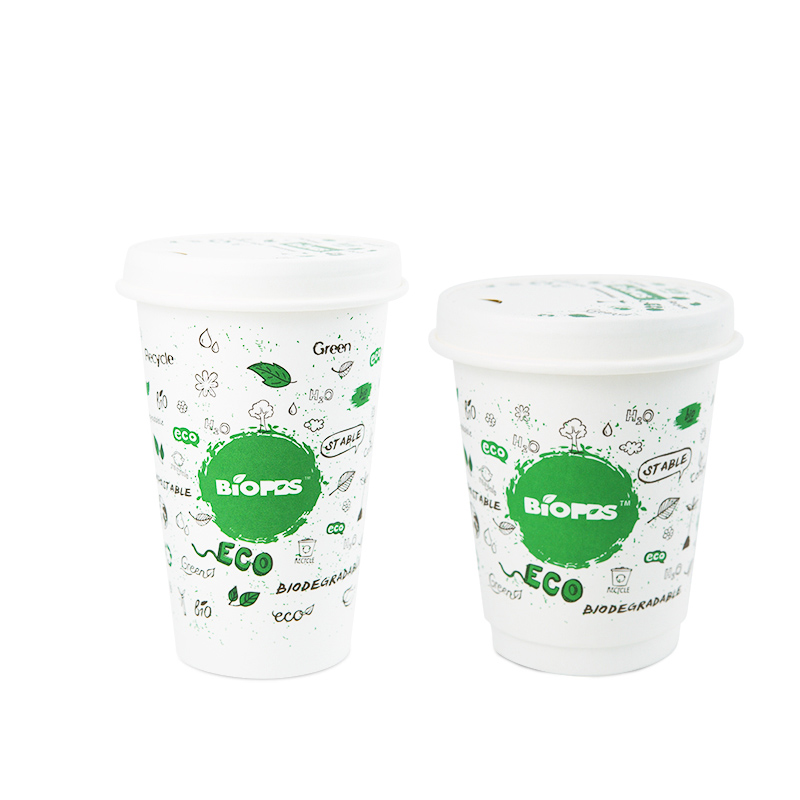
Coffee is one of the most popular beverages worldwide, with millions of people consuming it on a daily basis. However, the immense popularity of coffee also contributes to a significant amount of waste generated from the disposable coffee cups. In recent years, there has been a growing demand for eco-friendly alternatives to traditional coffee cups. One such alternative is PBS coffee cups, which offer several benefits for both the environment and the consumers. This article aims to explore the benefits of using eco-friendly PBS coffee cups.
Firstly, PBS coffee cups are made from biodegradable materials. Traditional coffee cups are typically made from plastic or Styrofoam, which can take hundreds of years to decompose in landfills. In contrast, PBS coffee cups are made from a biodegradable polymer derived from renewable resources such as corn or sugarcane. These cups can be broken down by microorganisms into harmless organic compounds, reducing their impact on the environment. By using PBS coffee cups, we can significantly reduce the amount of waste that ends up in landfills and contribute to a more sustainable future.
Furthermore, PBS coffee cups are compostable. Composting is an environmentally friendly method of disposing of organic waste. PBS coffee cups can be easily composted along with other organic waste, such as food scraps and yard trimmings. This compost can then be used as a nutrient-rich soil amendment, promoting the growth of plants without the need for chemical fertilizers. By composting PBS coffee cups, we can close the loop of the coffee production cycle and minimize the environmental impact associated with its consumption.
Another benefit of PBS coffee cups is their energy-efficient manufacturing process. The production of traditional coffee cups requires large amounts of energy and generates significant greenhouse gas emissions. PBS coffee cups, on the other hand, have a lower carbon footprint due to their manufacturing process. The production of PBS requires less energy and results in fewer emissions compared to the production of plastic or Styrofoam cups. By using PBS coffee cups, we can reduce our carbon footprint and mitigate the effects of climate change.
Moreover, PBS coffee cups are safer for human health. Traditional coffee cups are often lined with a plastic coating, which can leach harmful chemicals into hot beverages. These chemicals, such as bisphenol A (BPA), have been linked to various health issues, including hormonal imbalances and reproductive problems. In contrast, PBS coffee cups are free from BPA and other harmful chemicals, making them a safer option for consumers. By using PBS coffee cups, we can enjoy our coffee without worrying about potential health risks.
Lastly, PBS coffee cups are versatile and durable. These cups can withstand high temperatures without deformity, making them suitable for hot beverages such as coffee or tea. The durability of PBS coffee cups also means that they can be reused multiple times before reaching the end of their lifecycle. By encouraging the reuse of PBS coffee cups, we can further reduce waste generation and conserve resources.
Eco-friendly PBS coffee cups offer numerous benefits for both the environment and the consumers. These cups are made from biodegradable materials, compostable, and have a lower carbon footprint than traditional coffee cups. They are also safer for human health, versatile, and durable. By choosing to use PBS coffee cups, we can make a positive impact on the environment and promote a more sustainable coffee culture. It is essential for individuals, coffee shops, and retailers to embrace eco-friendly alternatives like PBS coffee cups to transition towards a greener future.


